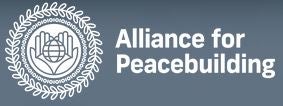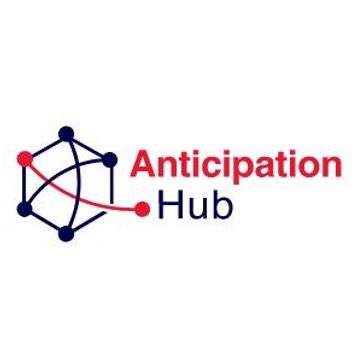Atrocity Prevention Lab
The Atrocity Prevention Lab is a project to strengthen innovation, collaboration, and impact of atrocity and conflict prevention work through the integration of spatial methods and technologies. Launched in 2023, this project was established by the Signal Program on Human Security and Technology at the Harvard Humanitarian Initiative.
Harvard Humanitarian Initiative
665 Huntington Ave., Building 1, Office 1113
Boston, MA 02115
Community of Practice (CoP)
The Atrocity Prevention Lab community of practice (CoP) intends to create a space for EW/EA practitioners, technology developers, and academic researchers to come together to share ideas relevant to the use of data, spatial analysis, and maps for conflict and atrocity prevention.
There is a significant gap between what is being developed by researchers and technologists in high-income countries and what methods are being utilized by community, local, or regional EW/EA organizations. In an effort to bridge this digital divide, this CoP intends to facilitate a space to enable:
- Reflection, learning, and continuous improvement
- Capacity-strengthening
- Collaborating and resource sharing
- Advocacy
Other relevant communities of practice
While the Signal Program’s CoP is focused on the intersection and application of data, spatial analytics, and maps for conflict and atrocity prevention, there are other excellent CoPs out there that think about technology, conflict, early warning/early action, and so much more. Here are a few:

“ConnexUs is a global learning, networking & coordination platform for you to collaborate with people in conflict-affected contexts who are addressing pressing challenges. ConnexUs seeks to improve the effectiveness & impact of your work by creating connections & opportunities.”

“The Alliance for Peacebuilding’s (AfP) robust, committed, and growing community proves that building peace is possible in faraway places and in neighborhoods just down the street. AfP is building and advancing the peacebuilding field to center peace in our policies, programs, and laws, as well as in our social norms, our relationships, and our narratives, through our new fieldbuilding strategy.”

“At the Anticipation Hub we want to support existing network initiatives and help fuel new collaboration and exchange between policymakers, practitioners and scientists, designing and implementing anticipatory action projects. The Hub aims at supporting its users to connect to a wide range of expertise, incubate innovative ideas and co-create solutions needed to enhance and scale up anticipatory action.”

“Our activities aim to inspire, unite and empower women+ in the geospatial field to become strong leaders and changemakers. We run a mentorship programme, organise events and a webinar series on career development and developed a speakers database.”

“WiGIS is a consortium of advocates from academia, government, and private industry designed to advance the presence of women in GIS. Activities of the organization include social gatherings, professional development and educational events, and opportunities for networking and mentoring. At a minimum, our goal is to meet quarterly and to engage in constant communication as needed and desired via forums such as the WiGIS website and an email listserv/newsletter.”

“CARIGEO is a collaborative effort among the United Nations Regional Committee on Global Geospatial Information Management for the Americas (UN-GGIM: Americas), the United Nations Economic Commission for Latin America and the Caribbean (UN-ECLAC), public agencies of Member States and Territories within the Caribbean, geospatial private sector organizations, academic institutions and civil society representatives, which seeks to empower the countries and territories of the Caribbean region to advance the use and sharing of geospatial, statistical and related information to support improved decision making for sustainable national and regional development.”